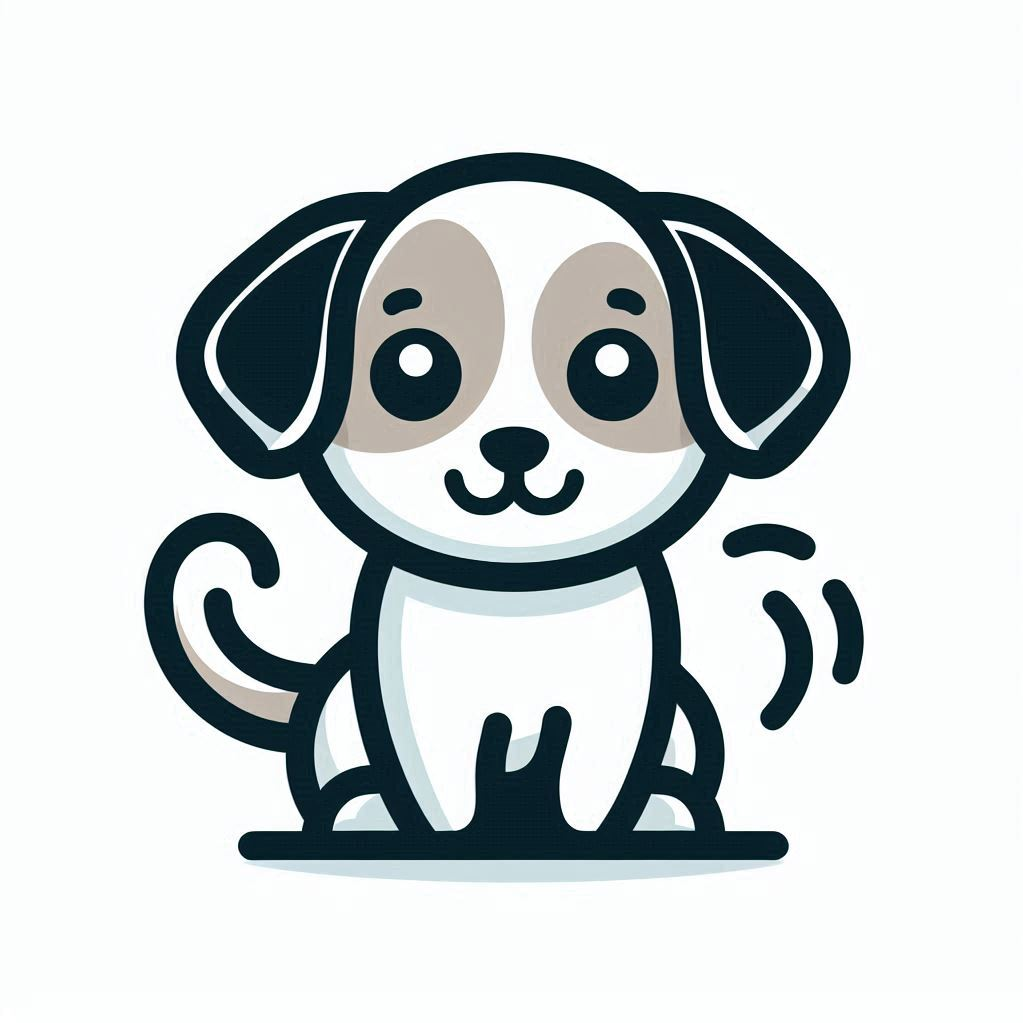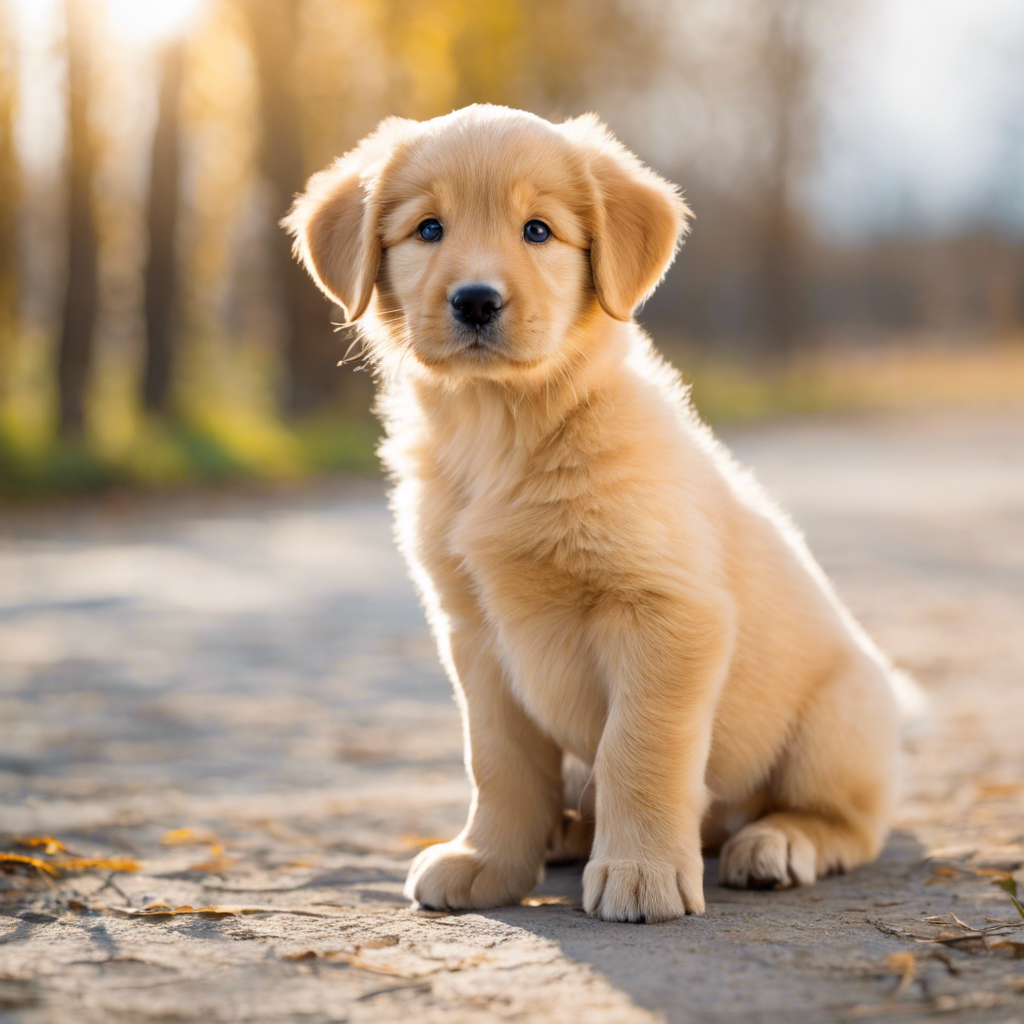# Puppy Growth Stages: A Month-by-Month Journey
Bringing a puppy into your home is an exciting adventure, but it can also be a daunting task for new pet parents. Understanding the various puppy growth stages is essential to ensure your furry friend receives the care and support needed to thrive. From their tiny, wobbly beginnings to becoming a fully grown dog, each month brings new developments and milestones. Let’s take a closer look at what you can expect during your puppy’s first year and how you can support their development month by month.
## The First Two Months: A Rapid Transformation
During the first two months, puppies undergo a remarkable transformation. Newborn puppies are completely dependent on their mother and littermates for warmth, nutrition, and socialization. They spend most of their time sleeping and nursing, and their eyes remain closed until around two weeks of age. As they enter their third week, puppies become more aware of their surroundings, and their senses start to develop. By the end of the second week, their eyes open, and they start to take their first wobbly steps. This is a crucial time for socialization, as they begin to interact with their littermates and learn important social skills. Around four weeks old, puppies start to transition to solid food, and their baby teeth begin to emerge. By the end of the second month, your puppy will be a bundle of energy, exploring their surroundings with newfound curiosity. Their motor skills will improve, and they will start to develop a sense of independence.
At this stage, it’s essential to provide a safe and comfortable environment for your puppy. Introduce them to different textures, sounds, and smells to stimulate their senses. It’s also a great time to start handling and grooming them gently to get them accustomed to the process. Consider placing a warm water bottle wrapped in a towel near their sleeping area to mimic the warmth of their littermates, as this can provide comfort and security. Gradual exposure to new experiences during this period will contribute to their overall development and adaptability.
## Months 3 to 4: Playtime and Socialization
As your puppy enters their third and fourth month, they will become more confident and playful. They will have more energy and will be eager to explore their environment. This is a critical time for socialization, which involves exposing your puppy to new people, animals, and environments. Take them for short walks in the neighborhood, introduce them to new friends, and consider enrolling them in puppy classes. Positive experiences during this period will help your puppy grow into a well-adjusted adult dog. Playtime is also essential, as it teaches them appropriate behaviors and provides mental stimulation. Provide a variety of toys to keep them engaged, and consider starting basic training, such as teaching them to sit, stay, and come when called. This will not only strengthen your bond but also lay the foundation for good manners.
Potty training is a significant focus during these months. Puppies at this age have better bladder control but still need frequent outdoor breaks. Establish a consistent schedule, and always praise your puppy for eliminating in the designated area. Accidents will happen, so patience and positive reinforcement are key. Additionally, continue to expose your puppy to various surfaces and textures to build their confidence and adaptability. This can include different types of flooring, stairs, or even a puppy playground with obstacles to navigate.
## Months 5 to 6: Adolescence and Training
As your puppy approaches five to six months old, they will enter their teenage phase. They will continue to grow rapidly, and their energy levels may seem boundless. This is an ideal time to focus on training and reinforcing the skills you’ve been teaching them. Start incorporating more advanced commands and tricks into your training routine, such as ‘leave it’ or ‘roll over.’ Be consistent with your training sessions, and always end on a positive note to keep them engaged. Socialization should still be a priority, but you can begin to introduce more advanced concepts, such as leash manners and recall in distracting environments.
Teething is also a significant aspect of this stage. Provide your puppy with appropriate chew toys to alleviate discomfort and redirect their chewing away from your furniture or shoes. Frozen treats or chew toys can help soothe sore gums. It’s essential to be patient and persistent during this period, as puppies may test boundaries and exhibit increased chewing behaviors. Redirecting their chewing and establishing clear rules will help them understand acceptable behaviors.
## Months 7 to 12: Adulthood and Beyond
Between seven and twelve months, your puppy will reach sexual maturity and start to resemble a fully grown dog. Their growth will slow down, and their energy levels may become more manageable. This is a time to refine their training and reinforce good manners. Continue advanced training and consider enrolling in dog sports or activities to keep their minds and bodies active. Activities like agility courses or nose work can provide mental stimulation and allow your dog to burn off excess energy.
As your puppy becomes an adult, their dietary needs may change. Consult with your veterinarian to adjust their diet accordingly. Maintaining a healthy weight is essential for their overall health and well-being. Regular veterinary check-ups and vaccinations are crucial to ensure your dog remains in good health. Additionally, this is a good time to establish a dental care routine, as adult dogs are prone to dental issues.
## Conclusion
Watching your puppy grow month by month is an incredible journey, and understanding the different puppy growth stages allows you to provide the best care and support for your furry friend. Each stage brings new challenges and accomplishments, from the early days of socialization to the teenage phase and eventually adulthood. By being patient, consistent, and providing a stimulating environment, you’ll navigate these stages successfully. Enjoy the process, as each month will bring new memories and a stronger bond with your beloved companion. Happy puppy parenting!

